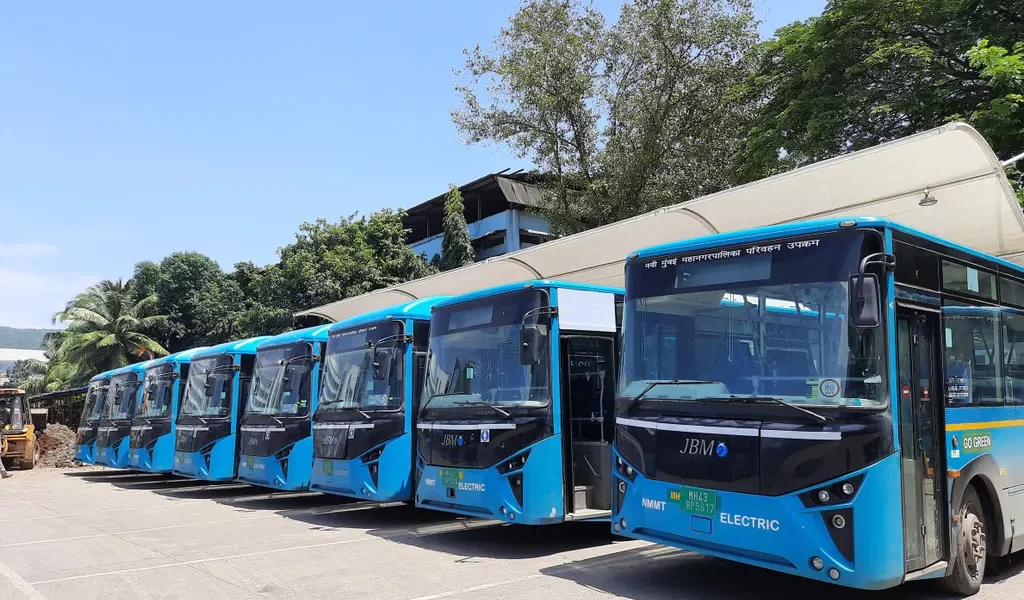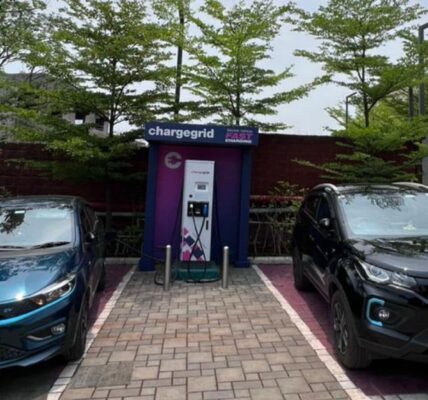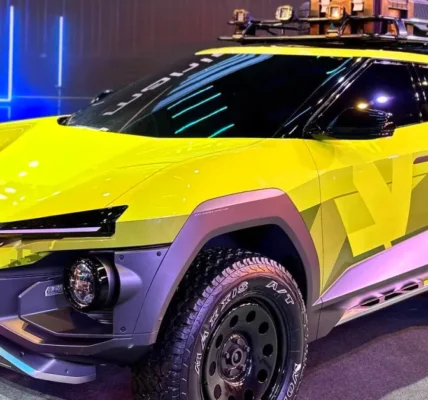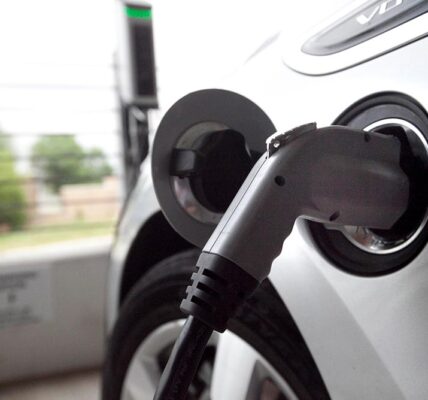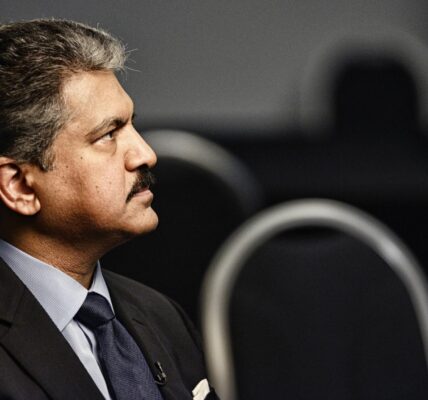The third tender for 4,675 electric buses for India, published in January 2023, is likely to be a flop. Apparently, there was not much interest from the industry – because of the financing model chosen in the tender.
As reported by Business Standard, no bids were received from established OEMs such as Tata Motors, Ashok Leyland and PMI Electro Mobility in this round of bidding. The lack of participation from major OEMs had led to several extensions of the tender deadline, which finally ended on 9 June.
“As none of the OEMs submitted bids, the tender is likely to be scrapped. We are also considering revisiting the dry lease contracting model for future tenders,” a government official confirmed.
The 4,675 electric buses of this third CESL tender were to be deployed in three states, specifically in Delhi, Kerala and Telangana. The buses were to be procured centrally and then provided to the transport operators as a service for which they pay a certain amount per kilometre over twelve years. This is precisely what may have led to the failure of the tender.
According to the sources of Business Standard, most manufacturers were concerned “about high operational costs, the financial instability of state transport undertakings (STUs), and apprehensions about relinquishing control of the buses to STU drivers.” In addition, the interest in handing over control of the buses to the state transport companies was low. And: as reported, the transport companies were to have access to the FAME II subsidies, but not the manufacturers – which in turn would have made it more expensive for them.
This choice of the funding system apparently meant that most of the major manufacturers did not participate. According to the report, there was only one bid from EKA by Pinnalce Mobility Solutions. However, when questioned by Business Standard, EKA would not comment on the bid.


